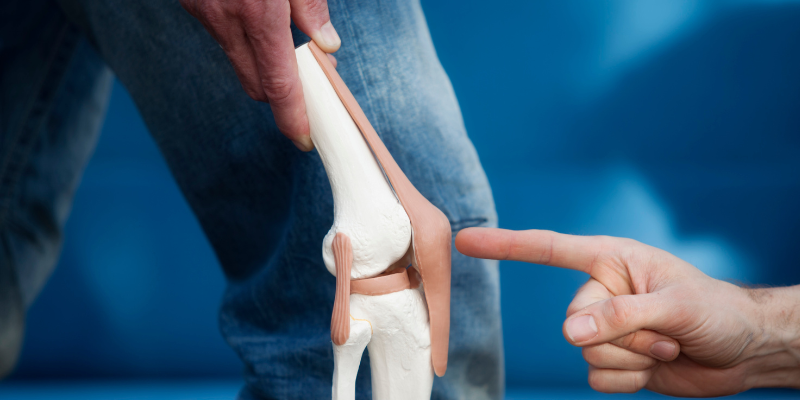Joint Replacement Revisions
Joint Replacement Revisions Treatment

Treatment Range Hospital in Hyderabad offers expert care for joint replacement revision surgeries when previous implants wear out, loosen, or fail. Our experienced orthopedic surgeons specialize in complex revision procedures for hip, knee, and shoulder replacements, using advanced techniques and high-quality implants to restore mobility and relieve pain effectively.
We provide comprehensive evaluation with advanced imaging and diagnostic tools to assess implant failure and bone condition. The revision surgery is carefully planned to address infection, wear and tear, or implant misalignment, ensuring long-lasting results and improved joint function. Patients receive personalized care from pre-surgical assessment to rehabilitation for a smooth recovery.
If you’re looking for joint replacement revision surgery in Hyderabad, Treatment Range Hospital is a trusted choice. With modern operation theatres, skilled surgeons, and patient-focused care, we ensure safe and successful outcomes for patients needing a second chance at joint replacement.
- Your 6 - Phase health Process
Your Complete Joint Replacement Revisions Journey
🩺Phase 1: Symptoms Identification
- Increasing pain or swelling around the joint
- Instability, stiffness, or reduced range of motion
- Difficulty bearing weight or walking
- Clicking, grinding, or unusual noises from the implant
- Signs of infection
🔬Phase 2: OPD Consultation with Joint Replacement Specialist
- Detailed history of the previous joint replacement surgery
- Physical examination to assess implant function and surrounding tissues
- X-rays of the joint to check implant positioning and bone quality
- Blood tests for infection markers (if infection suspected)
🧪Phase 3: Diagnosis & Planning
- Imaging: X-rays, CT scan, or MRI to evaluate implant loosening or bone loss
- Joint aspiration (fluid sampling) to rule out infection
- Assessment of bone stock and soft tissue for revision surgery planning
- Customized surgical plan based on type of failure
🔧Phase 4: Treatment Plan
- Revision Joint Replacement Surgery:Removal of worn-out or failed implant
- Reconstruction of bone and soft tissue defects
- Placement of a new implant with advanced fixation techniques
- May involve specialized implants, bone grafting, or metal augments in complex cases
🏥Phase 5: Post-Surgery Care
- Hospital stay typically 3–5 days
- Wound care and infection prevention measures
- Physiotherapy to regain strength, mobility, and joint function
- Pain management and anticoagulants to prevent blood clots
💪Phase 6: Recovery
- Return to daily activities in 6–12 weeks
- Gradual increase in weight-bearing and mobility exercises
- New implant designed to last longer with improved function
- New implant designed to last longer with improved function
Insurance Support










- Why Choose Us
Why patients trust us with their care
- Patient Testimonials
Patient stories of care and recovery










- Frequently Asked Questions
Helping you understand Our healthcare
It’s a surgical procedure to remove and replace a worn-out, failed, or infected artificial joint (like a hip or knee implant). The goal is to restore mobility, reduce pain, and improve implant function.
Common reasons include:
- Implant wear and tear over time
- Loosening or instability of the implant
- Bone loss (osteolysis) around the implant
- Joint infection (periprosthetic infection)
- Dislocation or fracture around the implant
- Revision surgery is more complex because it often requires:
- Removal of old implants
- Reconstruction of damaged bone or soft tissue
- Placement of specialized revision implants designed for better stability
Watch for:
- Increased joint pain or swelling
- Difficulty walking or joint instability
- Clicking or grinding sensations
- Signs of infection like warmth, redness, or drainage
- See your orthopedic surgeon promptly for evaluation.
- Recovery is slightly longer than primary replacement:
- Return to light activities: ~8–12 weeks
- Full recovery and strength: ~6–12 months
- Physiotherapy is crucial for regaining mobility.